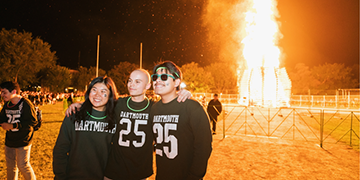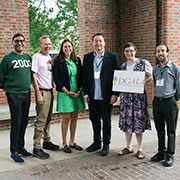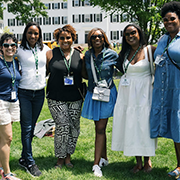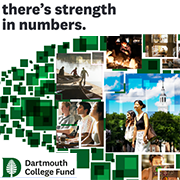Meet Jeff Yasuda '94, CEO and Co-Founder of Feed Media Group
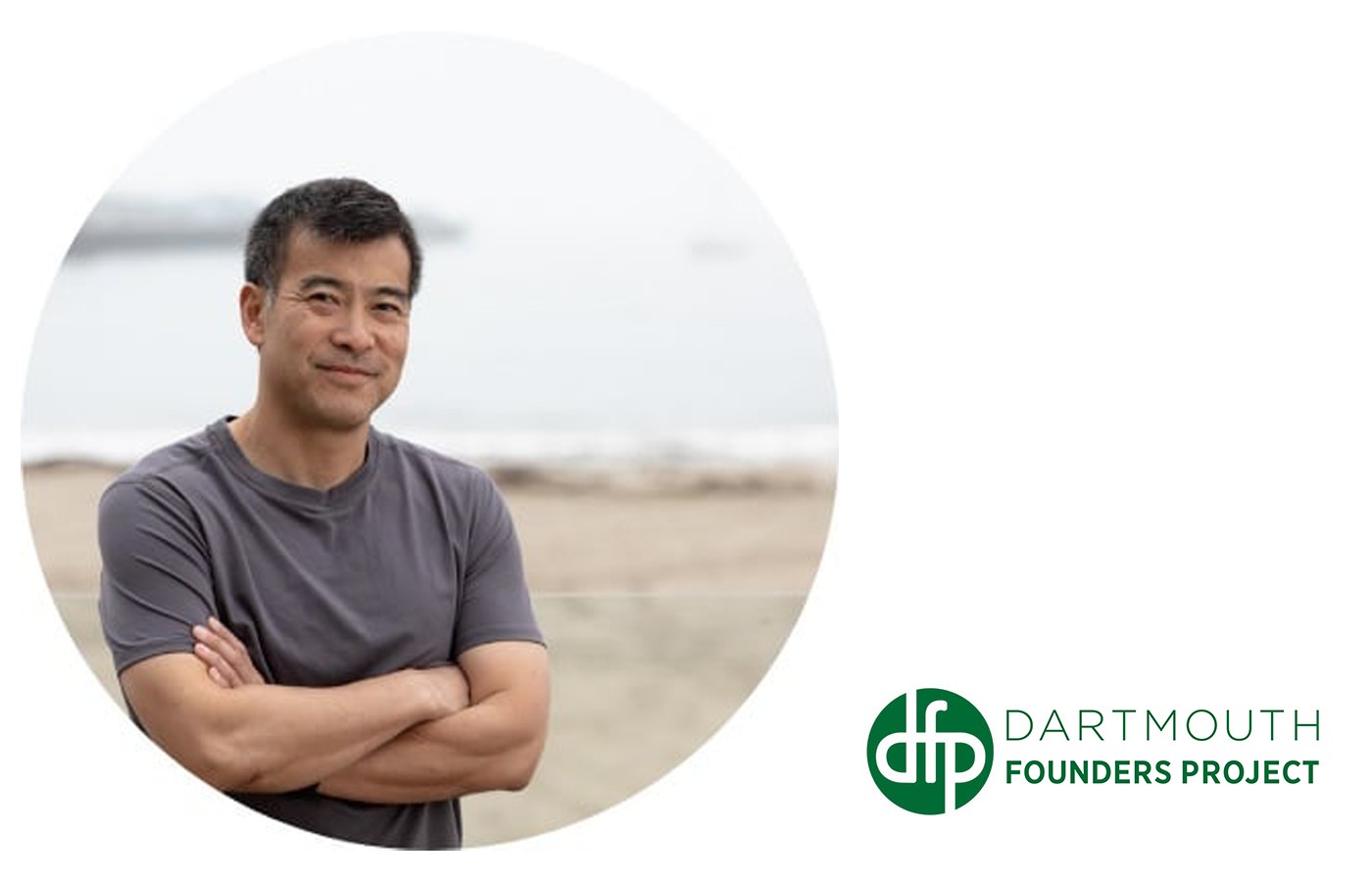
May 12, 2024
5 minute read
5 minute read
Jeff is the CEO and co-founder of Feed Media Group (FMG) and has over 20 years of experience in digital music.
He co-founded FMG to create the first truly unified music system for businesses, bringing together music licensing, content management, and data-driven curation for businesses of all sizes to harness the power of music-led growth. Jeff is a long-time entrepreneur that continues to find new ways to combine his passion for building businesses with his love of music.

Before launching FMG, he founded Blip.fm, was Managing Director and CFO of Redwood Ventures, and worked in investment banking at Lehman Brothers concentrating on technology financing within equity capital markets. He was a founding board member of Music Will (formerly Little Kids Rock), a nonprofit that encourages and enables children to play popular music through free music instruction and instruments to public schools. Jeff also performs with his band and lives with his family in San Francisco.
Tell us about Feed Media Group (FMG). Who do you serve and what problems do you solve for your clients? What are you most proud of in your work? What are the challenges?
FMG makes it easy, fast, and legal for businesses to stream both major label and independent music, and to make data-backed decisions to increase customer engagement. Music is one of the most compelling forms of content, but licensing songs is complex and expensive. We created Feed.fm to make it easy for businesses to use music to delight their audiences. One of the things I’m especially proud of is how we help people become healthier both mentally and physically through our customers in the fitness and wellness sectors. This was especially poignant during the pandemic when people were forced to exercise at home to stay healthy.
Running a young company is incredibly difficult. There are complexities around growth, personnel, product, finance and changing tech needs. In addition, for Feed it’s important to maintain a balance between those who want to license music and those who own the rights in order to protect the artists we know and love. It’s complicated and exciting as we help the music industry adapt to rapidly changing technology and customer needs.
What aspect of your Dartmouth experience do you rely on most as an entrepreneur and leader?
My dad once told me that success is not necessarily about “what” you know – it’s often about “who” you know. Building strong relationships has been at the core of my life as an entrepreneur and CEO. Dartmouth instilled in me the importance of developing relationships and I continue to keep in touch with alums from the Big Green both personally and professionally.
Additionally, Dartmouth encouraged me to take academic risks and to test out new ideas. Fear of failure is an entrepreneurial killer and it’s important to be able to learn quickly from mistakes. Sure, it can be painful and costly at times, but it’s a critical skill set as you experiment with new strategies and ideally, build a viable growing company.
What advice do you have for students about using their time, relationships, and opportunities at Dartmouth to prepare for a career as an entrepreneur?
I feel that Dartmouth does a great job inspiring young minds and providing the benefits of a liberal arts education across multiple disciplines. Having broad exposure to various areas of study allows for skill sets to develop across both left and right brain hemispheres. The interplay between the left and right brain is an important component to hatching new ideas, quantitatively evaluating those ideas, and communicating them to potential customers, partners, employees, and investors. More specifically, developing skills around effective communication has been wildly important as an entrepreneur to share new concepts and to work in teams. As an entrepreneur, one is often developing a thesis that has never been tested before. Many times, these concepts are incredibly complex. Thus, it is imperative that an entrepreneur can communicate those ideas clearly, concisely, and effectively to the target audience – customers, potential employees, investors and maybe even your spouse who needs convincing around quitting the “day job” to pursue a potentially wacky, and maybe equally brilliant idea.
As a member of the Dartmouth Founders Project, you have signaled your intent to support the College philanthropically. Why is giving back important to you?
Dartmouth and the relationships that I’ve built there have been foundational for me as an entrepreneur and as an overall human being. I also understand the reality that only a portion of Dartmouth’s expenses are covered by tuition. I feel lucky that I’m able to contribute back to Dartmouth in a small way to hopefully help others in their academic and professional pursuits.
What is your favorite Dartmouth memory or most transformative Dartmouth experience?
Academically, I enjoyed my experiences as a history major. Professor Douglas Haynes helped cement my interest in Southeast Asian economic history and that led to opportunities studying abroad at Oxford University during my junior year. Athletically, I loved my experience as a walk-on to the Dartmouth Squash team. I appreciated the comradery of the team and the challenge of balancing academics and a social life with being in one of the top sports programs in the country. Finally, socially, it had to have been playing in a band during sophomore summer. It was a great time to get to know my fellow classmates, play some music outdoors, and enjoy some of the best things that Dartmouth has to offer in a more relaxed setting.


